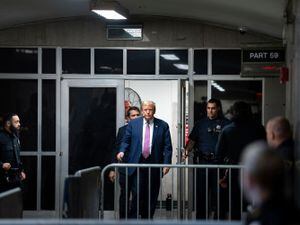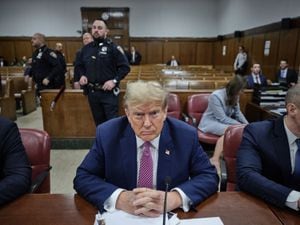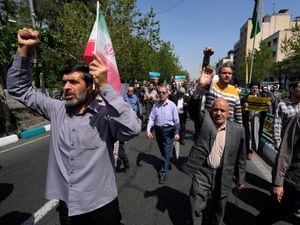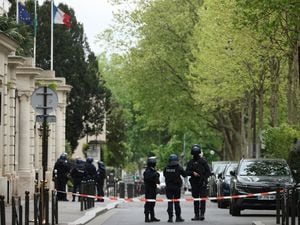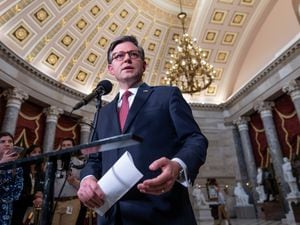Maduro declared winner in disputed Venezuela election
His leading opponent called for a new ballot.
Venezuelan officials declared socialist leader Nicolas Maduro the easy winner of Sunday’s presidential election.
But his leading challenger questioned the legitimacy of a vote marred by irregularities and called for a new ballot to prevent a brewing social crisis from exploding.
The National Election Council announced that with almost 93% of polling stations reporting, Mr Maduro had won nearly 68% of the votes, beating nearest challenger Henri Falcon by almost 40 points.
The disputed victory is likely to heighten international pressure on Mr Maduro, as voter turnout was the lowest in a presidential race since the start of Venezuela’s leftist revolution two decades ago.
Even as voting was taking place on Sunday, a senior State Department official warned that the US might press ahead on threats of imposing crippling oil sanctions on the nation that sits atop the world’s largest crude reserves.

He was joined in his call for a new election by third-place finisher Javier Bertucci, who got around 11% of the vote. Mr Bertucci, a TV evangelist, stopped short of challenging the results, saying what he called a mistaken opposition boycott also boosted Mr Maduro.
But he said that in the event of a new vote, Mr Maduro should do the dignified thing and refuse to run. If Mr Maduro pressed forward, he said, Venezuela would explode from a social crisis marked by widespread food shortages and hyperinflation before his new term started next January.
Both of Mr Maduro’s opponents accused electoral authorities of turning a blind eye to a slew of blatant violations, including the establishment of red tents just steps away from voting centres where ruling party activists scanned on cellphones government-issued “Fatherland Cards”. Many voters said they hoped it would bring them a cash bonus or even a free apartment.
Under Venezuela’s electoral law, any political activity must take place at least 650 feet (200 metres) from voting centres. National Electoral Council president Tibisay Lucena acknowledged a handful of complaints, but insisted they were minor compared to past elections.

Voting centres across Venezuela appeared largely empty for the election despite assurances from government officials that millions had turned out to vote by mid-morning.
Turnout in the previous three presidential elections averaged around 79%.
Opinion polls say the overwhelming majority of Venezuelans distrust the electoral council. Turnout figures in last year’s elections for a constitutional assembly, which the opposition also boycotted, were inflated by at least 1 million votes, according to the company that provided technology for Venezuela’s electronic voting machines for more than a decade.
Both Mr Maduro and the two anti-government presidential candidates who broke with the opposition’s push to boycott the election had urged voters to go to the polls.

